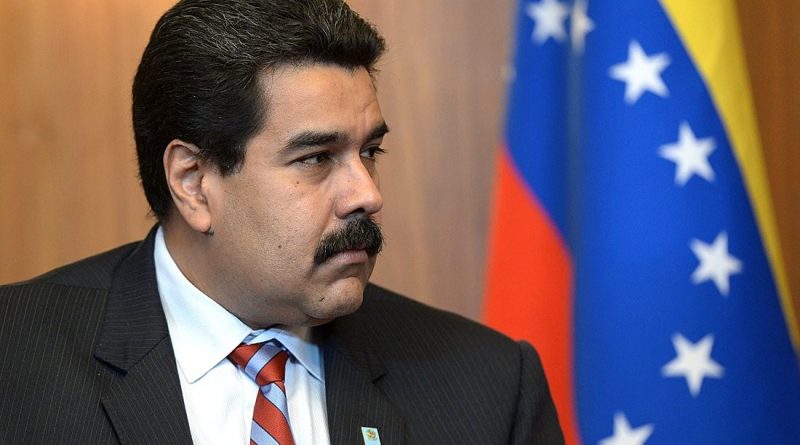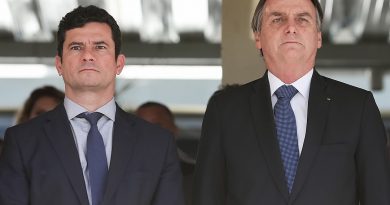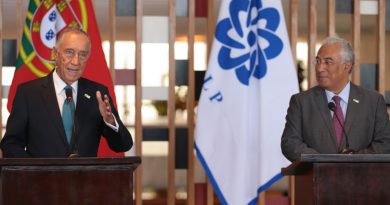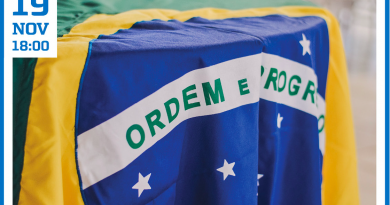Venezuela’s new currency: Maduro’s attempt to get through the crisis
Venezuela, which has one of the highest oil reserves in the word, is currently going through an institutional, social and economic crisis, which started in 2013.
Its economy has shrunk by a third in the five years to 2017 and, according to the International Monetary Fund, the runaway hyperinflation throughout Venezuela will hit 1,000,000% by the end of the year.
As measures to tackle the crisis, President Nicolás Maduro ordered, on August 17, a 96 % currency devaluation, launching new banknotes on August 20, called the “sovereign bolivar”. The new notes will have a value of 2, 5, 10, 20, 50, 100, 200 and 500 sovereign bolivars but most old bolivar notes will continue to circulate “for a time”, Venezuelan Central Bank President Calixto Ortega announced.
According to the BBC, “the new currency lops five zeroes off the old “strong bolivar”” and it is pegged to the government’s petro cryptocurrency – which rises or falls according to the global price of oil. Maduro said at the Presidential Palace that the petro will be used also to set process for goods. Other measures put in place concern boosted taxes (i.e. raising VAT by 4% to 16%), a reduction in benefits for those not in possession of a “Fatherland ID” (a government-issued identity card which gives direct subsidies) and a minimum wage set at 1.800 sovereign bolivars (or 180 million of strong bolivar).
With regards to this last topic, according to Reuters, “Maduro vowed that the government would cover three months of the wage increase for small and medium-sized companies”, but it remains unclear how it would afford such a hefty payout. Furthermore August 20 (Monday) was declared a bank holiday. Venezuela came to a standstill on Tuesday August 21, as the country tried to deal with its newly introduced currency, and there are no reports of significant protests or violence. In fact, as BBC points out, even if some in the opposition called for a strike, many people simply stayed at home and the streets of Caracas were almost empty.
At the dawn of September, according to the Guardian, “the stability of the new bolivar has already been called into question”. The Fedecámaras’ President Carlos Larrazábal announced its fears on the enterprise sector after the new economic plan, especially because the new currency is linked to the petro, something that doesn’t exist. Also, the National Assembly’s Majority Leader, Juan Guaidó, mentioned a state of uncertainty surrounding Venezuelan people, with the economist Victor Álvarez considering that the economic measures will have only a short-term effect.
On the contrary, socialist Evo Morales expressed his support to this new plan, and according to TeleSur, one of the most popular media in Latin America, Maduro received support also from a number of people – in particular, belonging to the Partido Socialista Unido de Venezuela (PSUV) and to organisations as the Gran Polo Patriótico (GPP) – which marched on August 21. Furthermore, analyst Walter Ortiz affirmed that the plan will protect the Venezuelan people and it will bring a new economic model which will be detached to the oil revenues.
Despite the opposing views, it is currently hard to determine the impact that the new economic plan will have in the future. This is mainly because the measures have not ended: at the beginning of September, Maduro announced a new payment for gasoline though the electronic card “Fatherland Card” to limit smuggling, and he has stated his intentions to to increase oil prices to international levels once that system is in place. But, as he did not release additional details, its real function and effectiveness is still in doubt.
President of Venezuela Nicolas Maduro at the Kremlin in 2014 / photo by Kremlin.ru / CC BY 4.0 The opinions expressed in this blog are solely the authors’ point of view and do not bind the Center for International Studies, its Director or any other researcher.
![]() This work is licensed under a Creative Commons Attribution-NonCommercial-ShareAlike 4.0 International License.
This work is licensed under a Creative Commons Attribution-NonCommercial-ShareAlike 4.0 International License.




